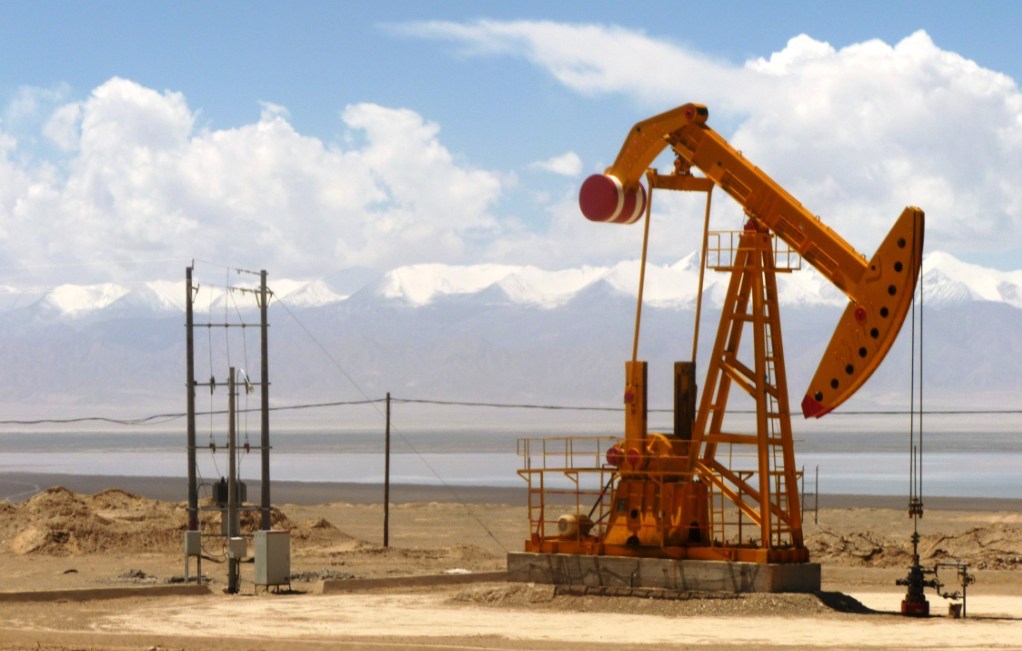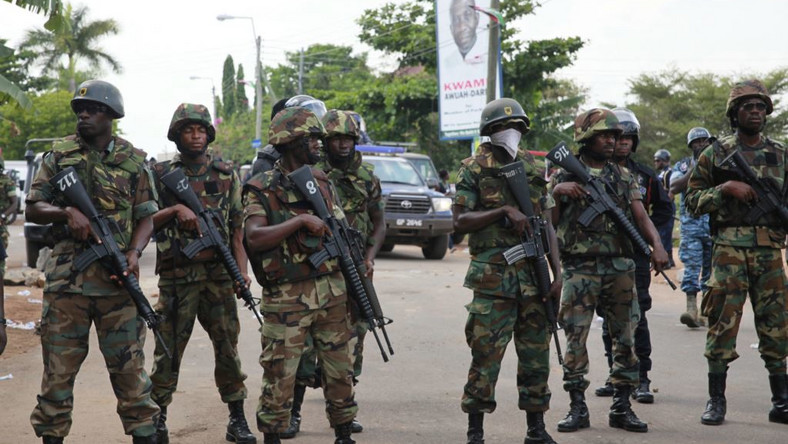
Slovakia: protests over government’s authoritarian tilt
Slovakia has seen mass protests in recent weeks over new authoritarian measures by the ruling populist government of Prime Minister Robert Fico. The government has dissolved the Special Prosecutor’s Office, which had indicted Fico’s chief of staff and imprisoned his former prosecutor general for corruption. The government is also proposing to dissolve the state broadcaster Slovak Television & Radio, and replace it with a new official media body that would be under closer government control. Critics see the move as facilitating propaganda for the ruling coalition, as well as disinformation and Russian influence. (Photo: Wikimedia Commons)




